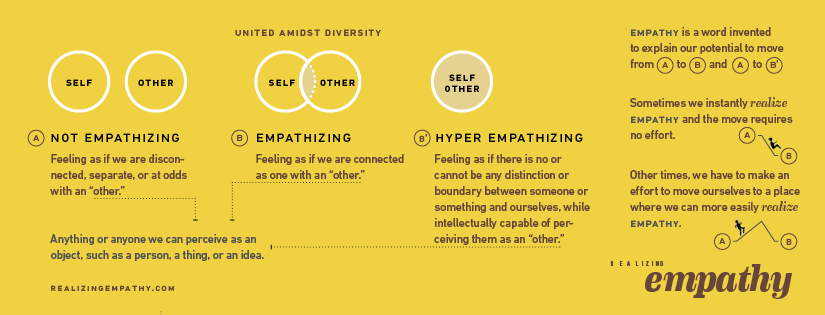I once heard someone
90 years old
tell an audience
that she regretted not studying
her favorite foreign language
sooner.
When asked how sooner,
she replied
“30 years ago.”
When asked why then,
she replied
“When I was 60,
I told myself
that I don’t have much time left
so why bother
learning another language.
…
Little did I know,
that I had 30 more years in me.”
